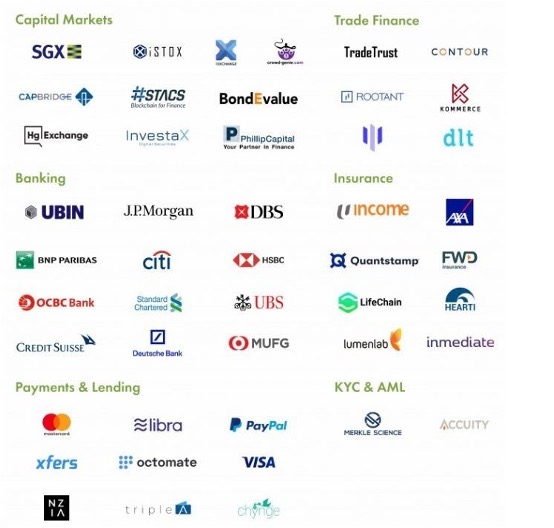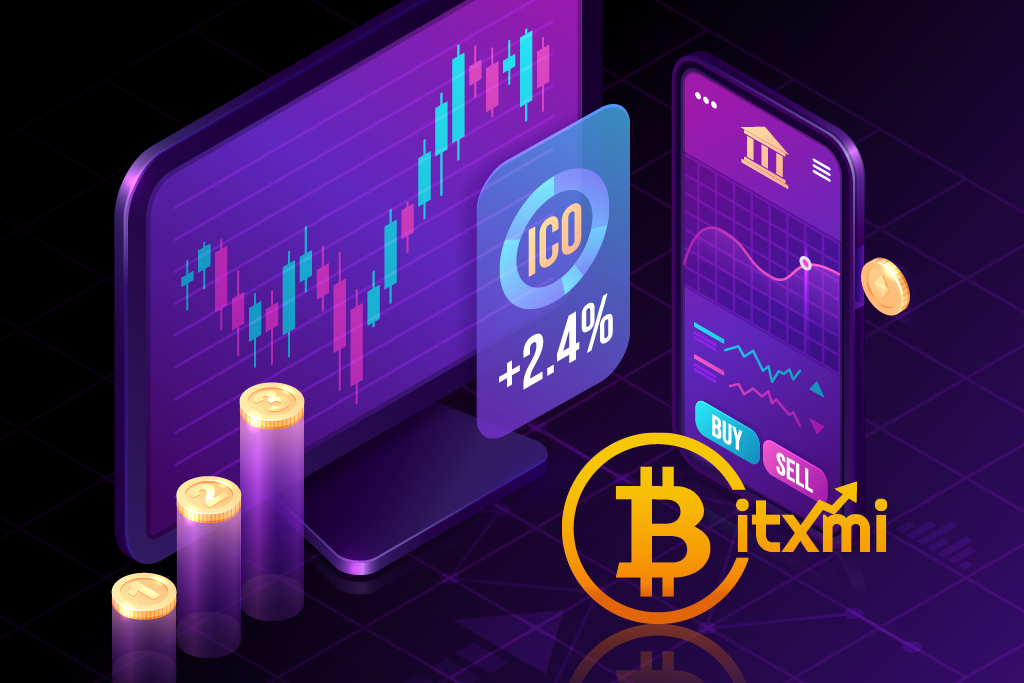Jump Ahead To:
Introducing Bitcoin
Bitcoin is an innovative software project that is used as a digital money system. It was created by a programmer and cryptography expert who goes by the pseudonym Satoshi Nakamoto in 2009. Nobody knows the true identity of Satoshi Nakamoto, but his system has grown to become a wildly popular asset used around the world.
Bitcoin operates on blockchain technology, which is the concept that really sets Bitcoin apart from financial systems used in the past. The information, such as transaction data, is formatted in digital ‘blocks.’ New blocks containing new information are added to the blockchain, which is distributed across a global database maintained by a network of computers connected to the Internet and protected by encryption.
In this article, we will look at the use of Bitcoin and blockchain technology as part of the Singaporean crypto ecosystem. Thanks to intelligent public administration, as well as flexible and changing legislation in the field of cryptocurrencies in accordance with the times, Singapore is now one of the most developed countries in the world. Cryptocurrencies and blockchain projects are openly supported in the country, making it a popular jurisdiction for cryptocurrency companies.
Regulation of cryptocurrencies in Singapore
In 2014, the Internal Revenue Service of Singapore (“IRAS”), within the framework of taxation, defined bitcoin as a product or service. At this point in time, this was the only legal definition of cryptocurrencies in the country.
In 2017, Singapore’s Deputy Prime Minister Tharman Shanmugaratnam announced that the Monetary Authority of Singapore (MAS) was developing a regulatory framework for cryptocurrency payment systems in order to counter money laundering and terrorist financing.
Since the beginning of 2020, the Singapore government has defined cryptocurrencies as digital payment tokens (DPT). According to the new “Payment Services Act”, cryptocurrency companies must register their business with the MAS within a month, after which they will have exactly six months in order to obtain a license of payment organizations. Once the license is issued, the company will enjoy the right to carry out payment transactions in cryptocurrency.
Blockchain technology in the Singapore Crypto Ecosystem
Along with the spread and development of Bitcoin and other altcoins in Singapore, blockchain technology is gaining significant popularity.
In July 2020, the Singapore government redoubled its efforts to promote blockchain development in the country with a multi-million dollar innovative project. Through a project called the Singapore Blockchain Innovation Program (SBIP), a group of government agencies is investing 12 million Singapore dollars (about 8.9 million US dollars) to build infrastructure in the blockchain industry.
The state actively invests in the development of blockchain companies and also stimulates the transition of traditional businesses to the use of blockchain technology. An excellent example is the launch of the KrisPay digital wallet by Singapore Airlines as part of a blockchain loyalty program.
According to 2020 data, the blockchain ecosystem in Singapore has expanded by more than 50% to over 200 companies.

Regulation of crypto exchanges in Singapore
As already described above, in 2020, Singapore enacted the “Payment Services Act”, which applies to all cryptocurrency companies and exchanges operating in the territory of the state. The Monetary Authority of Singapore (MAS) announced this in an official press release, which was published on January 28th, 2020.
At the moment, there are 3 licensed crypto exchanges operating in Singapore: SGX, Asia Pacific Exchange, and ICE Futures Singapore. According to the official announcement of the regulator, cryptocurrency companies such as Ripple, Coinbase, Binance, BitGo, BitTok, BitWallet, and many others could offer their services in the country until July 28, 2020, without the need to obtain an appropriate license.
After the end of the grace period, according to the new act, crypto exchanges must first register with MAS and then apply for a special license that will allow them to operate in Singapore. Companies have a month to register their business. Within the next six months, they are required to apply for a license.
The innovative crypto exchange BitXmi, originally from Singapore, has also filed for MAS regulation in 2020. It is currently under MAS exemption. As soon as BitXmi receives an official license from the governing bodies, Singaporeans will have the opportunity to legally trade, store and earn on cryptocurrency. At the moment, the exchange doesn’t offer cryptocurrency exchange services in Singapore, which is necessary for ensuring they are not violating the law

